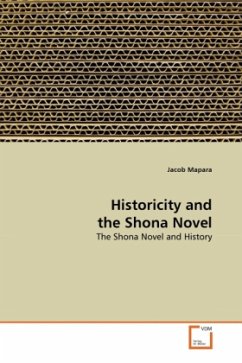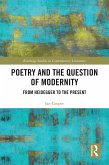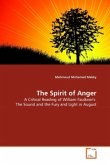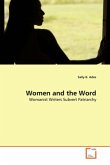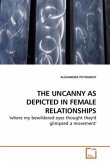This book argues that the Shona novel is an alternative, reliable and valid source of history. It has the advantage over other sources in that it is usually more up to date when compared to other historical documents. It does this by corroborating what is found in the studied Shona novels and what is found in published historical texts and other related documents. The major highlights of the book are the position of women in pre-colonial Zimbabwe and the life of black workers under Rhodesian settler rule both in the urban areas and on farms. It also focuses on the education that was availed to blacks and how the blacks' thirst for education was used by white farmers to exploit cheap black labour. The book also analyses the war of liberation and how people were recruited in the early stages of the war. It ends by focusing on the post-independence problems as depicted in the Shona novel.
Bitte wählen Sie Ihr Anliegen aus.
Rechnungen
Retourenschein anfordern
Bestellstatus
Storno

